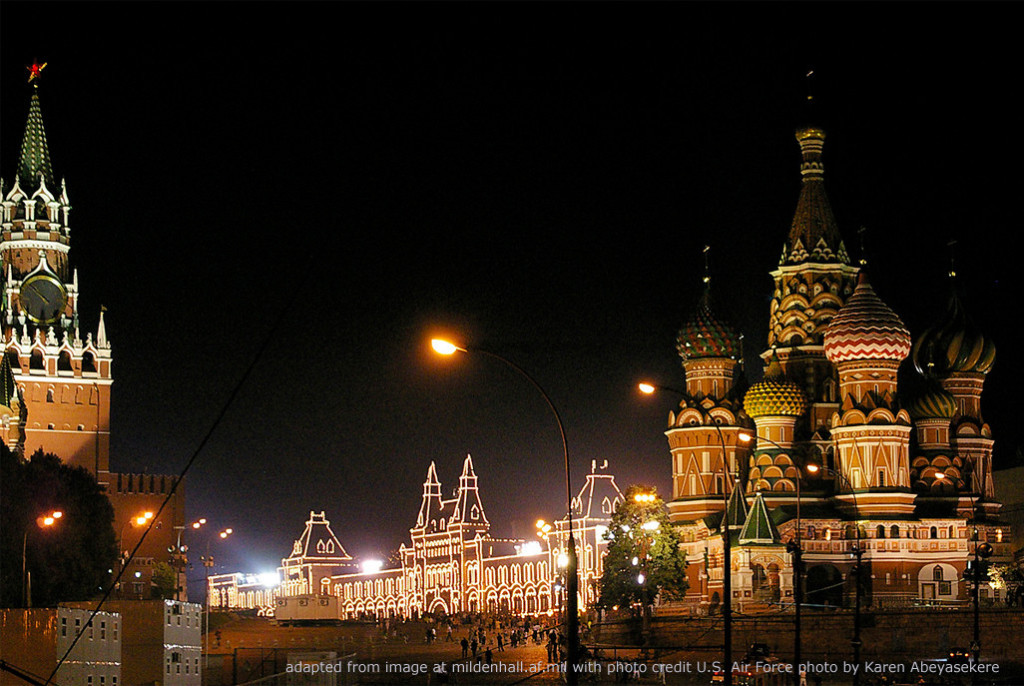Russian Journalist Who Exposed Oil-Theft Schemes Sentenced To Eight Years In Prison
(Article text ©2021 RFE/RL, Inc., Radio Free Europe/Radio Liberty - rferl.org - May 14, 2021 - article text also appeared at rferl.org/a/russia-oil-theft-shmonin-8-years-prison/31254873.html)A Russian journalist who believes he was targeted by investigators for his expose on massive oil theft in western Siberia has been convicted on blackmail and pornography charges and sentenced to eight years in prison.
A court in the city of Surgut, in Russia’s oil-rich Khanty-Mansi autonomous district, handed down the verdict and sentence against journalist Eduard Shmonin on May 14, both Shmonin and his lawyer told RFE/RL's Russian Service, known locally as Radio Svoboda.
The Khanty-Mansi regional prosecutor's office also confirmed the sentence and verdict in a statement.
Investigative reporting gathered by Shmonin, who owned and ran websites filled with "kompromat," or compromising materials on local officials and entrepreneurs, was a central pillar of an independent Radio Svoboda investigation into the industrial-scale theft of oil from Russia’s pipeline network.
The investigation, published in March, corroborated numerous detailed previously uncovered by Shmonin and added significant new evidence of the role of Russian law enforcement in oil-theft schemes.
Shmonin released a documentary called Criminal Oil in November 2016 implicating Russian police and Federal Security Service (FSB) officers in oil theft. He was arrested several months later and hit with a wave of charges, including libel against former law enforcement officials mentioned in the documentary.
Most of those charges were dropped, with the exception of his alleged blackmail of a local lawmaker and illegal distribution of pornography. Both charges relate to a sex tape featuring the lawmaker and another man.
Shmonin told RFE/RL he believes he was targeted as retribution for his documentary about oil theft.
His trial was closed to the public, officially because of the intimate nature of the video.
A trove of evidence disappeared or was damaged during the investigation, including hard drives, computers, mobile phones, and flash drives that the authorities had confiscated.
Shmonin insists that the evidence that went missing in his case includes alibis that would exonerate him.
He claims that, during his detention, he was tortured by FSB officers who tried to force him to reveal who financed the Criminal Oil documentary. Radio Svoboda was unable to independently corroborate this claim.
"They said, 'You have three options to get out of here: You can be carried out of here feet first; you can eat the charges, we’ll release you on bail, and you leave the country; or you reveal who is behind you and we will classify you as a witness, Shmonin told Radio Svoboda, adding that he told investigators the documentary was made on his own initiative.
Shmonin claimed his interrogators then wrapped a plastic bag over his head and tased him, though Radio Svoboda was unable to independently corroborate his torture claims.
The FSB did not respond to requests for comment sent in March.
One of the former FSB officers who filed a libel complaint against Shmonin following the release of the Criminal Oil documentary is currently on trial on charges that he illegally tapped into oil pipelines.
His co-defendant, former FSB officer Vladimir Chernakov, was also implicated in oil-theft schemes in Shmonin's film.
Key Words: Russia, Oil, Journalists, Media, Russian Corruption, Censorship, Human Rights, Russian Politics, Russian Courts
